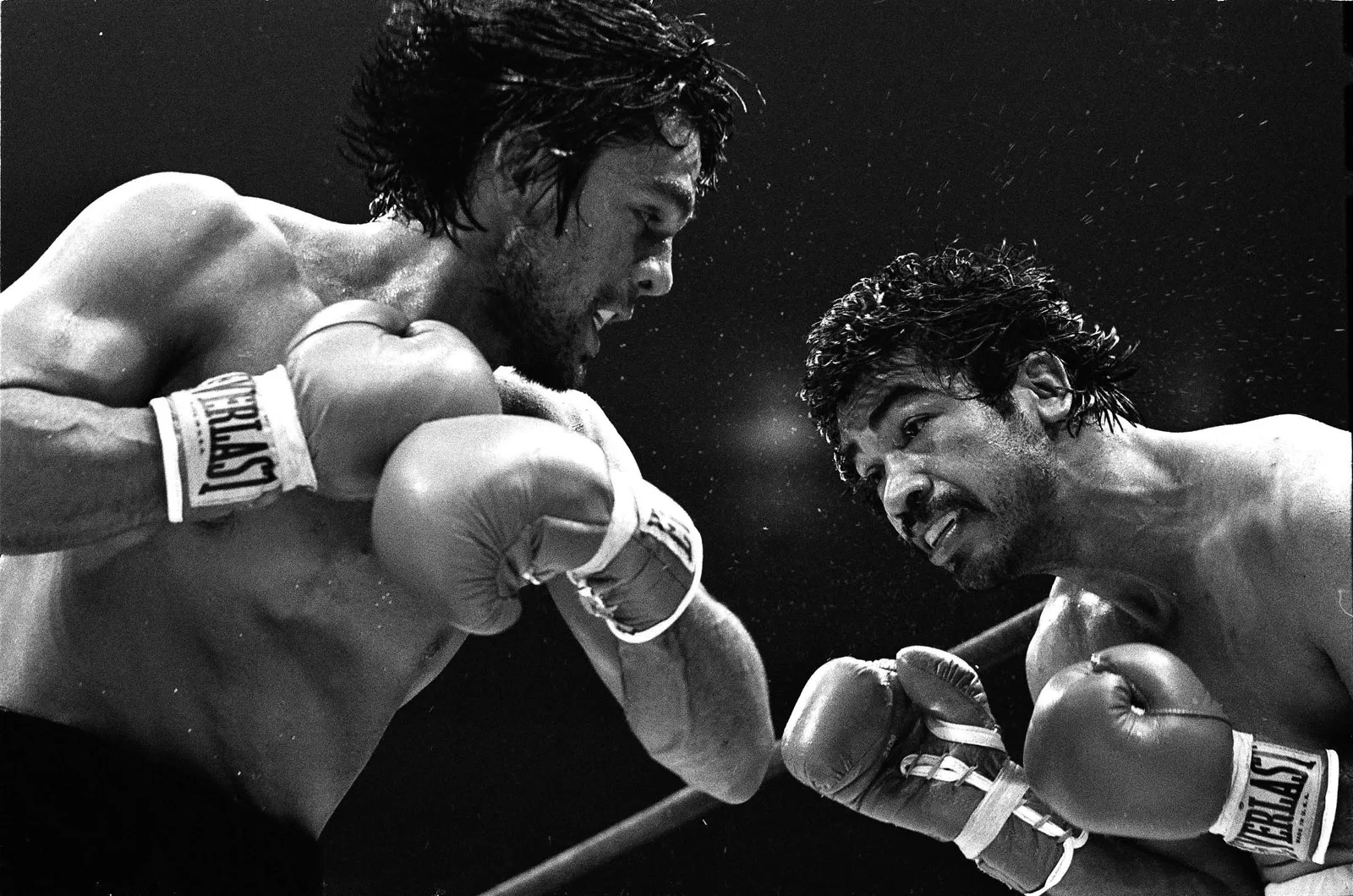“Roberto Durán, Omar Torrijos, and the Rise of Isthmian Machismo.” is a chapter written by Michael Donoghue, in the book, Sports Culture in Latin American History. The chapter discusses the growth of a new Panama, a now rebellious and armed challenger after its bloodless revolution. Panama appeared to be a “feminine victim” to its United States counterpart about the Panama City Canal. This week’s theme surrounds the idea of masculinity and femininity in sports. The Isthmian Machismo is used to describe the more masculine approach performed by Omar Torrijos’ hard-edged military regime and Roberto Durán’s epic boxing victories. The military regime, noted for giving opponents like university students, forced crew cuts grew in popularity in the nation. Panama developed a muscular pride, away from United States imperialism, during the second half of the 20th century with the influence of these two powerful individuals.
I knew that Panama had many deep ties with the United States during its imperialism during the 20th century, especially during and after the construction of the Panama City Canal. It was new information for me to discover that during this time, both countries, the United States and Panama, were going through a feminine appearance in a world political view. The success of both nation’s athletics acted as a restoration of a more masculine appearance. I also had not known that Panama had gone through a political revolution, resulting in the installation of a new military regime. This regime was viewed by the public, especially the poor, as one that cared about their plight and liberated the Panama Canal Zone. These two Panamanians were so influential that people would chant their names in the street. Torrijos even named a June 26, 1980, Roberto Durán Day. I did not know that during this “feminine” period, these two would draw a fanatical following. Fans of Durán would take out loans just to travel to his fights, which signifies quite a devoted following. He was a dirty fighter, but not often critiqued. “He snarled, spat, swore, kneed, elbowed, and headbutted his opponents.” The pro-nationalist and military-censored press rarely reported his dirty tactics, something not uncommon in a military regime. These two individuals drew high praise for rallying their country during an identity crisis, giving it a new masculinity to many who desired it.
